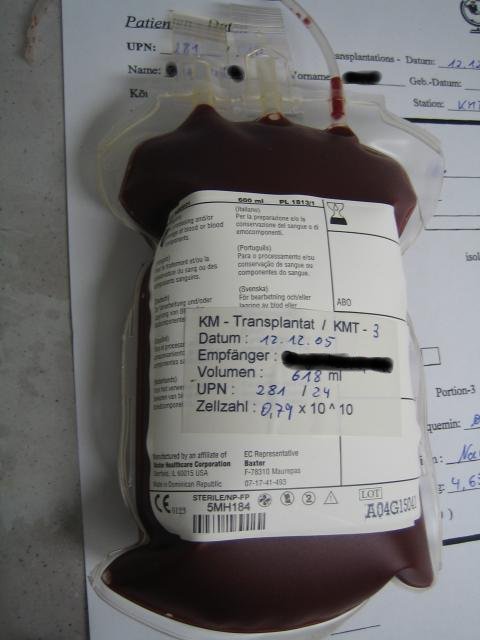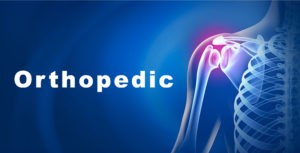
Recently Diagnosed or Relapsed? Stop Looking For a Miracle Cure, and Use Evidence-Based Therapies To Enhance Your Treatment and Prolong Your Remission
Multiple Myeloma an incurable disease, but I have spent the last 25 years in remission using a blend of conventional oncology and evidence-based nutrition, supplementation, and lifestyle therapies from peer-reviewed studies that your oncologist probably hasn't told you about.
Click the orange button to the right to learn more about what you can start doing today.
- You are here:
- Home »
- Blog »
- Multiple Myeloma »
- E-KRd Vs. KRd in Multiple Myeloma
E-KRd Vs. KRd in Multiple Myeloma

KRd triple induction regimen should result in an even higher rate of deep (MRD neg-at least very good partial response [VGPR]
Hello David- I’m 44 years old and from Germany. I was diagnosed in 11/19 and completed 6 cycles of E-KRd in german trial (Elotuzumab in Combination With Carfilzomib, Lenalidomide and Dexamethasone).
Hi Bernie,
- You are young (44) and otherwise healthy
- You were “early stage” MM at diagnosis. No CRAB symptoms other than high blood calcium indicating bone involvement.
- You are currently in Complete Remission. Your m-spike and other diagnostic criteria are normal or close to normal.
- Lastly, after completing 6 (six) cycles of e-KRd, you have undergone a lot of toxicity. While your body may not show it, you have absorbed a lot of chemo.
- MM Survivor
- MM Cancer Coach
- Director PeopleBeatingCancer
Recommended Reading:
- Multiple Myeloma Symptoms at Diagnosis- CRAB Explained-
- Multiple Myeloma Chemotherapy, Allergy, Hypersensitivity, Side Effects?
- Multiple Myeloma Diagnosis- Can’t Trust Conventional Cancer Research
Elotuzumab in Combination With Carfilzomib, Lenalidomide and Dexamethasone (E-KRd) Versus KRd in MM
Of the next-generation compounds, the monoclonal antibodies (moAbs) have recently attracted a lot of interest in MM. The anti-SLAMF7 directed moAb elotuzumab has completed phase III trials in MM patients. One phase III trial in MM patients with one to three prior lines of therapy compared elotuzumab-Rd with standard Rd.
The triple combination was shown to significantly prolong PFS in this patient cohort with a greater proportion of patients in at least very good partial response (VGPR) when compared to subjects on Rd.
Notably, the rate of infusion-related reactions with this specific moAb was very low, with an overall rate of 10% in premedicated patients and only 1% of Grade 3 severity. Grades 4/5 infusion-related reactions were absent and only 1% of patients on elotuzumab discontinued for infusion-related reactions.
Of particular interest is the observation in this trial, that response and PFS were independent of cytogenetic high-risk features, i.e., deletion of chromosome 17p and translocation t(4;14). This effect distinguishes elotuzumab from most, if not all, other drug-based approaches.
The investigators assume that incorporating the moAb into the KRd triple induction regimen should result in an even higher rate of deep (negative for MRD in conjunction with at least very good partial response [VGPR] as defined by the International Myeloma Working Group [IMWG]) with these responses occurring independently of cytogenetic risk. Due to potential interference of elotuzumab with serum immune fixation, the investigators chose VGPR rather than complete response (CR) to exclude false-positive immunofixation results. Furthermore the investigators hypothesize that combining elotuzumab with lenalidomide should prolong PFS further.”


